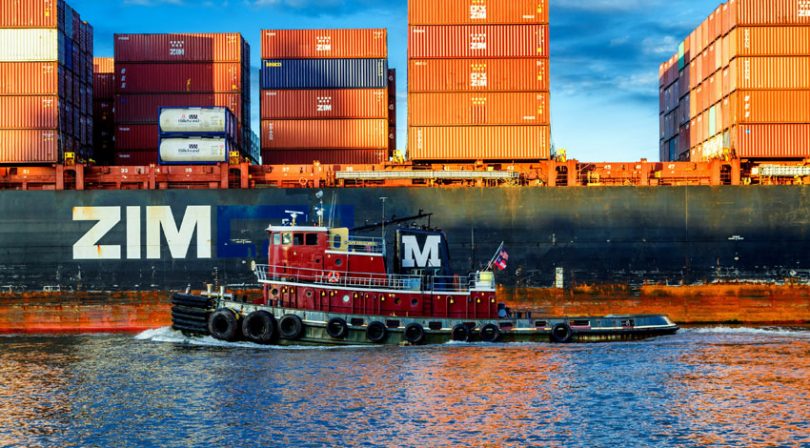Israel Ports Company (IPC), the state-owned body which supervises and regulates Israel’s seaports, said it completed a blockchain pilot for bills of lading. IPC said it was able to save time and money for participants, along with securely sharing records reducing the risk of fraud.
A bill of lading is a legal document issued by a carrier to the shipper detailing the contents of cargo being transferred. An importer needs to submit the document at the port to release the goods from customs. Currently, the whole process is based on paper and sending documents via courier, which introduces inefficiencies and scope for fraud.
IPC said its blockchain solution created a common database with shipping participants able to see the transaction process. The bill of lading also serves as a shipment receipt and is a key document in Letter of Credit financing supplied by banks.
“We work to advance every technology that aims to streamline and improve service for the benefit of all service providers and recipients in ports, including the field of bill of lading — an area where there is a significant need for efficiency and customer protection,” said Shlomo Briman, CEO of IPC.
IPC said the project was carried out as part of its membership of the International Port Community Systems Association (IPCSA). The pilot involved shipping company Zim, which issued the bill of lading to the exporter, which was transferred via Demco Logistics to an importer in Ukraine. The blockchain system tracked the possession of the bill of lading in parallel to the logistics status of the cargo.
Zim, Israel’s largest container shipper, has its own blockchain solution for the electronic bill of lading transactions. The company has previously carried out pilot projects in collaboration with Sparx Logistics and bill of lading blockchain provider Wave.
Meanwhile, Zim is also part of the TradeLens blockchain shipping platform, developed by IBM and Maersk. TradeLens aims to digitize the shipping industry, not merely the bill of lading aspect and boasts an extensive network of shippers, logistics firms, ports, terminals, customs, and other agencies.
Another high-profile container initiative is the Global Shipping Business Network (GSBN) consortium. Developed by logistics tech firm CargoSmart, GSBN participants include CMA CGM, COSCO SHIPPING LINES, COSCO SHIPPING Ports and Hapag-Lloyd, among others.






